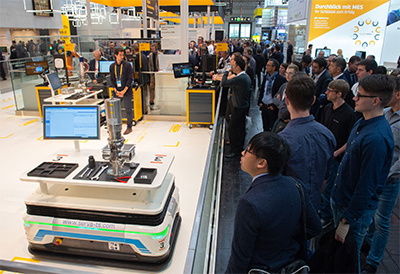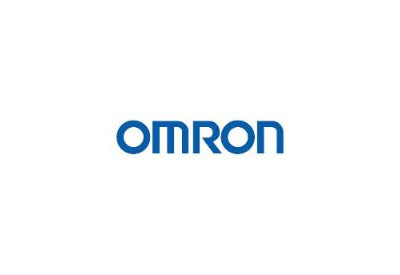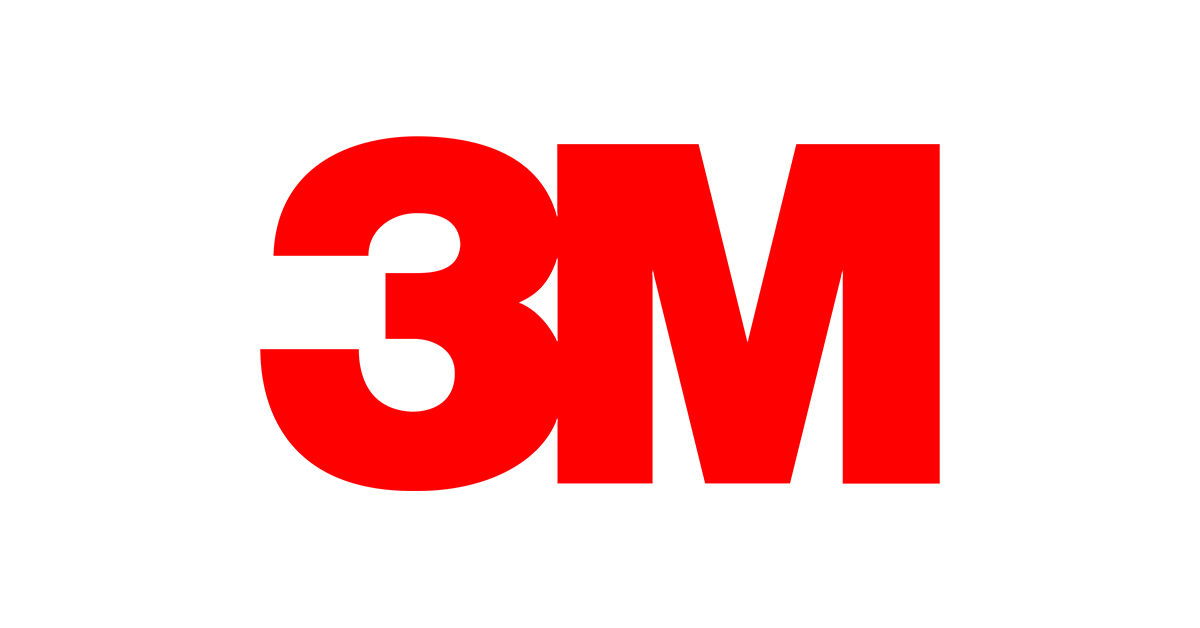Looking Ahead to Hannover Messe: Digitization

Feb 14, 2019
Whether in electrical engineering and electronics, mechanical and plant engineering, automotive, aviation, construction, metalworking, plastics, or process engineering, each of these industries must respond adequately to the challenges of digital transformation. Many of them have already embarked on the journey, and others are preparing to follow. “The major challenge here is not to view IT as an isolated solution, but to connect all data and systems together in such a way as to provide the greatest possible benefit for business success,” says Hubertus von Monschaw, Global Director for Digital Factory in the Hannover Messe team.
Hannover Messe is the world’s biggest industrial fair, and known as a leading displaying of the industrial technology. This year’s event, taking place in Hannover, Germany from April 1 to 5, is expected to draw 210,000 visitors and 6,150 exhibitors.
“Companies from around the world will be coming to Hannover to demonstrate how artificial intelligence can significantly enhance the capabilities of existing software solutions. Hannover Messe is thus strengthening its profile as the largest B2B platform in the Digital Factory segment,” concludes von Monschaw.
Digitization offers new ways of bringing integrated products to market faster, reducing costs, automating complex processes and introducing new business models such as product-as-a-service.
“By performing real-time monitoring of external voices (Voice of Factory, Voice of the Asset, Voice of the Customer) via IoT or social media, factory operators can get a comprehensive and customer-centric view and apply AI and machine learning to their decision-making processes,” explains Ulf Köster, Solution Director of Digital Transformation Solutions at Oracle. Köster argues that the precondition for successful digital transformation consists of maintaining a continuous connection — integrated, intelligent and optimized – between processes and data running like a leitmotif along the entire supply chain — from product development and planning to production, commercialization and after-sales service.
SAP is also dedicated to ensuring a continuous, integrated flow of data and parameters across all business areas. “This flow must be guaranteed such that the user at all times knows exactly what the current production status is, and can then instantly respond to any fluctuations and ensure a more predictable and sustainable process overall,” says Hala Zeine, President of the Digital Supply Chain at SAP SE.
“Speed, quality, individuality and the integration of new technologies like 3-D printing, blockchain or machine learning are the main requirements facing manufacturing enterprises today.”
Abas Software is also a provider of digitization strategies and activities along the supply chain, with ERP playing an important role. “We regard the ERP system as the foundation for digital transformation, because it goes beyond mapping just the critical business processes,” says Mark Muschelknautz, Chief Marketing Officer of abas Software AG.
“Within the framework of IoT, Industry 4.0 and connected production, ERP is also having to master new challenges, such as the flexible, real-time monitoring of processes and machines, the aggregation of data in interaction with new analysis tools, and process control to satisfy compliance requirements,” he adds.
Find out more about Hannover Messe.











